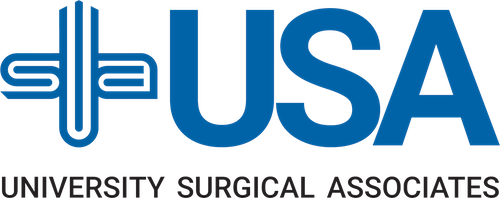Varicose Veins
Nearly thirty percent of adults will develop varicose veins in their lifetime, making this a very common vein condition. For many individuals, these veins are merely a cosmetic concern and aren’t dangerous to their health. But for some, these veins may become uncomfortable or itchy, or even cause swelling in the legs. Occasionally, varicose veins can lead to more serious complications.
Varicose Veins FAQs
Treating Varicose Veins
Typically, varicose veins can be diagnosed through a simple physical exam. Sometimes your provider may recommend a venous doppler ultrasound to rule out any blood clots in the veins. This is a noninvasive diagnostic.
The type of treatment your provider recommends will depend on where your varicose veins are, how large they are and any other complications you may be experiencing. Your provider may recommend any of the following treatments:
- Home care – Your provider may recommend simply adjusting your home habits by increasing your exercise, elevating your legs or wearing compression stockings.
- Sclerotherapy – During this in-office procedure, one of our providers will inject a solution into your leg that will close off the vein, rerouting the blood through healthier veins. Eventually, the closed off vein will fade away.
- Laser treatments – Sometimes, varicose veins can be closed by using a laser light on the skin itself to close off the vein.
- Endovenous laser therapy or radiofrequency ablation – A minimally-invasive treatment, your provider will thread a small laser fiber or a catheter into the vein and then use a laser or radiofrequency devise to close off the vein from the inside.
- Vein surgery – Also called vein litigation, varicose vein surgery involves making a few small incisions to reach and then tie off the vein to close it. Sometimes, our surgeons may also remove the vein entirely through a process called vein stripping.


